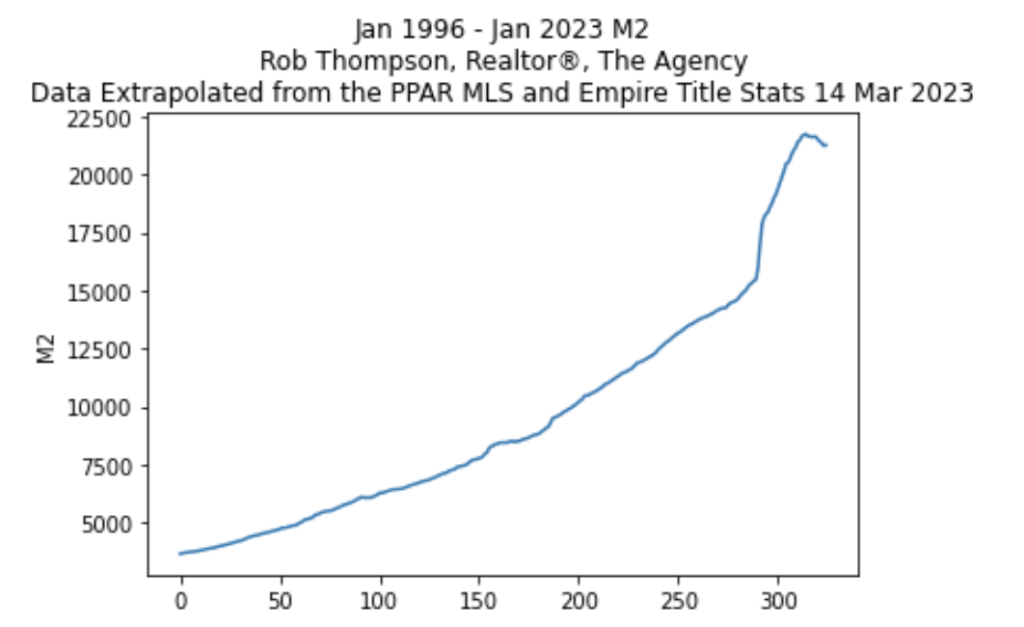Why does this matter?

When you take out a mortgage to buy a house, you are essentially borrowing a large sum of money from a bank or other financial institution, which you agree to pay back over a long period of time with interest. The interest rate on your mortgage is the cost of borrowing that money, and it determines how much you will ultimately pay for your home.
The Federal Reserve is the central bank of the United States, and one of its main responsibilities is to set monetary policy in order to keep the economy stable and healthy. One way that the Fed does this is by setting the federal funds rate, which is the interest rate that banks charge each other for overnight loans.
When the Fed raises the federal funds rate, it makes it more expensive for banks to borrow money, which in turn makes it more expensive for you to borrow money to buy a house. This is because banks pass on the higher costs to their customers in the form of higher interest rates on loans, including mortgages. As a result, when the Fed raises interest rates, it can make it more difficult and expensive for people to buy homes, which can slow down the housing market and the overall economy.
On the other hand, when the Fed lowers the federal funds rate, it makes it cheaper for banks to borrow money, which can lead to lower interest rates on loans, including mortgages. This can make it easier and more affordable for people to buy homes, which can stimulate the housing market and the overall economy.
In summary, the Fed’s decisions about interest rates can have a big impact on the housing market and the overall economy, as they affect the cost of borrowing money to buy a home.